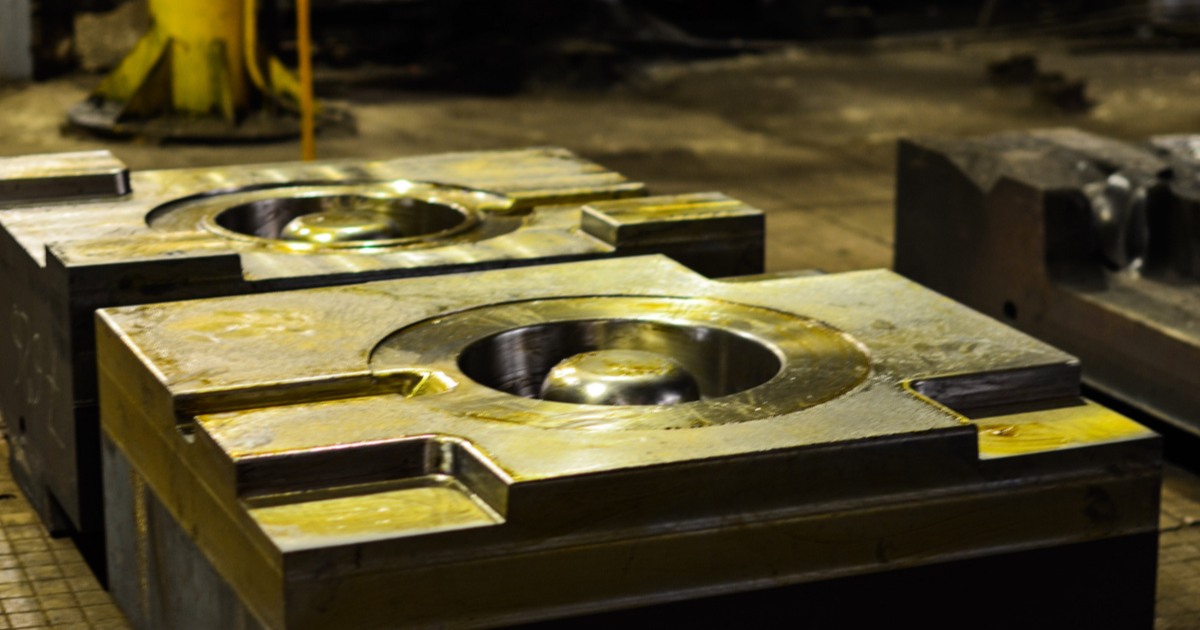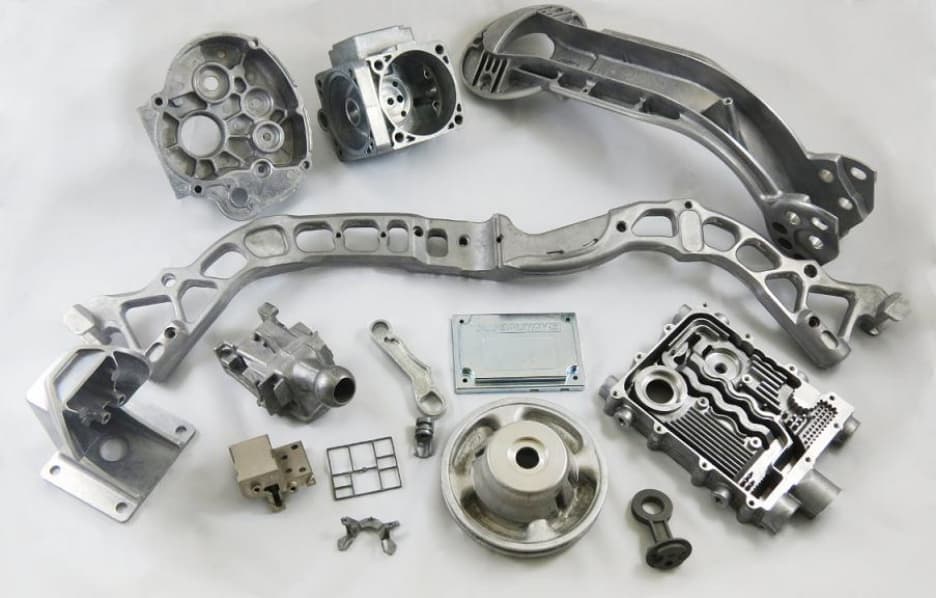Ideal Practices for Upkeep and Applications in the Aluminum Shop Field: A Thorough Review
Maintaining tools in the light weight aluminum shop field is crucial for functional success. Routine examinations and anticipating upkeep can greatly reduce downtime and boost security. Advanced innovations, such as IoT and data analytics, play a pivotal function in this process. However, recognizing the complete scope of finest methods requires a more detailed exam of certain strategies and their influence on effectiveness. What are the important parts that add to a reputable maintenance structure?
Value of Routine Upkeep in Light Weight Aluminum Foundries
Routine maintenance plays an essential duty in the reliable operation of aluminum foundries. By methodically evaluating and servicing equipment, foundries assure peak efficiency and long life of equipment. Normal upkeep tasks, such as component, lubrication, and cleaning substitute, aid protect against unanticipated break downs that can cause expensive downtime.
In addition, regular checks enhance workplace security by determining possible threats prior to they intensify right into significant concerns. Devices that is well-kept runs extra effectively, leading to improved item high quality and minimized waste. In addition, adherence to an organized upkeep schedule can sustain conformity with industry regulations, therefore cultivating a reputation for integrity and quality within the marketplace.
Executing Anticipating Maintenance Strategies
Anticipating upkeep methods take the principles of regular upkeep an action additionally by leveraging information analytics and advanced surveillance innovations. In light weight aluminum shops, these techniques make it possible for operators to expect tools failures before they take place, thereby minimizing unintended downtimes and optimizing operational performance. By making use of sensors and IoT tools, real-time information can be collected on maker efficiency, enabling the identification of possible concerns through predictive analytics.
Enhancing Melting and Putting Processes
Reliable melting and pouring procedures are vital for optimizing performance and guaranteeing the quality of aluminum castings. To improve these procedures, shops need to concentrate on precise temperature control during melting, as this directly impacts the metallurgical residential or commercial properties of the alloy. Using innovative melting technologies, such as induction and resistance melting, can improve energy effectiveness and minimize cycle times.
Furthermore, carrying out automated putting systems reduces human mistake and keeps uniformity in the putting procedure. Appropriate mold and mildew preparation, including sufficient preheating, is essential to avoid thermal shock and enhance mold long life.

Enhancing Safety Protocols in Factory Procedures
Focusing on safety in aluminum shop operations is essential for securing workers and assuring a productive environment. Effective safety protocols consist of normal training sessions that highlight the significance of individual protective tools (PPE), such as handwear covers, helmets, and goggles. In addition, the facility of clear emergency procedures is essential in handling potential accidents.
Regular evaluations of equipment and machinery aid recognize hazards prior to they escalate into serious concerns. Applying a durable reporting system urges workers to communicate safety and security worries without worry of repercussion. In addition, promoting a society of safety warranties that every staff member comprehends their function in maintaining a Learn More Here protected work environment.
On top of that, assuring appropriate ventilation and surveillance air high quality can alleviate exposure to harmful fumes and dust. By reinforcing these methods, light weight aluminum foundries can significantly reduce the danger of mishaps and create an environment where staff members really feel valued and secure, inevitably enhancing total operational efficiency.
Leveraging Innovation for Improved Efficiency
Utilizing advanced technology has become progressively important for aluminum factories intending to enhance functional effectiveness. Automation and robotics play a vital function in simplifying production processes, minimizing labor costs, and minimizing human error. Applying real-time tracking systems enables the continual assessment of equipment performance, making it possible for positive upkeep and minimizing downtime.
The combination of data analytics gives useful insights right into functional operations, assisting in better decision-making and resource appropriation. Anticipating analytics can recognize prospective failings prior to they occur, additional maximizing maintenance routines.
In addition, adopting innovative melting and casting modern technologies improves energy performance and material yield, which are basic for sustainability in the industry. By embracing these technological advancements, aluminum factories can not just enhance productivity however likewise keep a competitive edge in a significantly see it here demanding market (aluminum foundry). Inevitably, leveraging technology is critical in driving development and improving general operational efficiency within the market

Regularly Asked Concerns
What Prevail Indicators of Tools Use in Light Weight Aluminum Foundries?
Typical signs of tools wear in aluminum shops include uncommon sounds, decreased performance, enhanced resonance, overheating elements, leaks, and noticeable rust. These indicators often signify the requirement for upkeep or potential substitute to avoid expensive downtime.
How Can I Train Staff for Effective Maintenance Practices?
To educate staff for effective upkeep practices, one can execute hands-on workshops, create detailed handbooks, urge mentorship programs, and conduct normal assessments to assess abilities and understanding, ensuring all workers recognize maintenance procedures thoroughly.
What Are the Ecological Laws for Light Weight Aluminum Foundries?
Aluminum factories undergo various ecological policies, including exhausts control, waste administration, and source conservation. Conformity assurances minimal environmental redirected here influence, advertising sustainability while sticking to neighborhood, nationwide, and international ecological standards and guidelines.
Exactly How Do Foundries Manage Waste and Recycling of Light weight aluminum?
Factories take care of waste and recycling by applying systems for gathering scrap aluminum, utilizing innovative separation modern technologies, and teaming up with reusing facilities to ensure reliable recovery procedures, therefore reducing ecological influence and promoting sustainability within the market.
What Are the Prices Connected With Implementing Advanced Technologies?
Executing sophisticated modern technologies in shops incurs considerable costs, including preliminary investment, training, and maintenance costs. The long-term advantages, such as boosted efficiency and lowered waste, commonly justify these expenses, leading to enhanced success. (Aluminum Casting)
